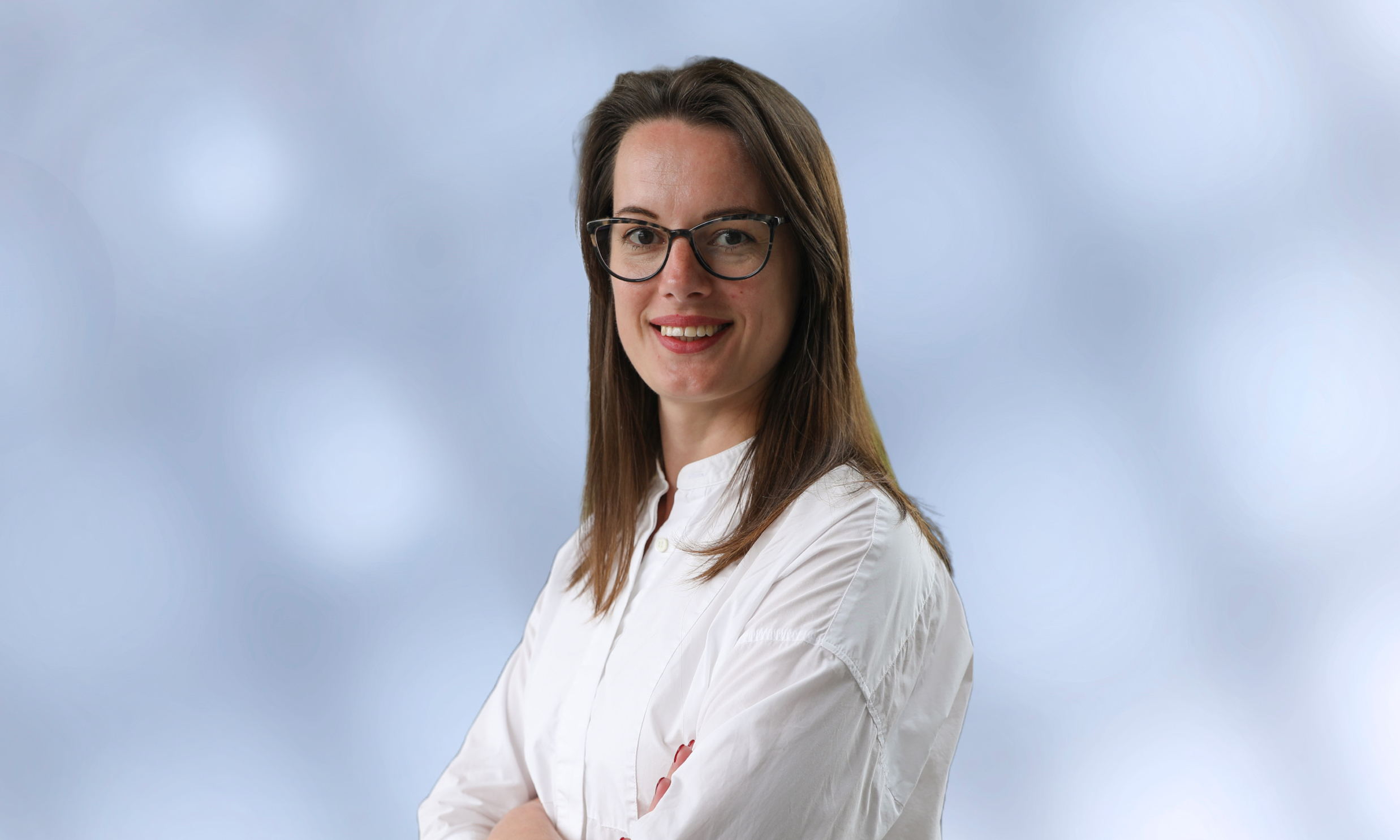
Tell us a bit about yourself
I am originally from Estonia but have been working internationally for over 13 years now. The Netherlands is the 4th country that I find myself living in. I have a BA in Political Science, with a minor in EU Affairs from Tallinn University. In addition, I started a Master’s Degree while working at a medical university in New York City (Weill Cornell Medical College) as I found myself very interested in online education. I ended up completing the post-baccalaureate programme in E-learning Design via the Pennsylvania State World Campus online program, but eventually, I put the Master’s on hold due to my move back to Europe in 2020. In addition to the USA and the Netherlands, I have also lived in Germany, where I would say my science administration career got started at the Max Planck Institute of Molecular and Cell Biology. Before this, my background was in corporate administration with a focus on internal communication and human resources development.
What is your role within EATRIS, and what does a typical week look like for you?
I joined EATRIS in 2020 as an EU project manager for 2 projects, EATRIS-Plus and ADVANCE. While managing these projects I shifted into my current role as the Member Engagement Officer. Through the EATRIS-Plus research infrastructure development project, I had the wonderful opportunity to work very closely with each of our member countries. This deepened my interest in community relations and strategic stakeholder engagement. In addition to supporting capacity building in our 15 national communities, I also work actively with emerging consortia in new non-member countries. My activities also reach into the realm of patient engagement, and I was one of the co-developers of the Patient Engagement Resource Centre.
My typical week involves a lot of emails and video calls, and often also travel to events and conferences. Every other week, I try to carve out some focus time to work on some specific project tasks and more strategic long-term ideas.
What has been the highlight of your EATRIS experience so far?
The highlight of my EATRIS experience has been the people. I am continually grateful for everyone’s support, generosity and commitment to what they do. Never have I heard the sentence “this is not my job”, everybody always tries to contribute their best and is very solutions-oriented. And by people, I mean our entire community; it’s really very motivating to work among people at the cutting edge of science.
What is translational research for you?
Translational research, to me, is about finding solutions and about communicating those solutions. There is quite a lot of fragmentation in the landscape, even though everyone at the end of the day is fighting the same good fight. I would like to see us all moving towards a more integrated system where barriers would be lower between the different important stakeholders in the field – from scientists to patients, as well as policymakers, funding bodies and regulators.
Why did you decide to work in the translational medicine field?
I didn’t specifically decide to work in the translational medicine field, but it came to be organically. I think that a benefit of the translational medicine ecosystem is the fact that it goes way above and beyond fundamental lab science, and this lends itself well to other skillsets without a biomedical background, such as mine. In my career, I have worked very closely with bench researchers, sometimes literally sitting next to tanks full of fruit flies, as well as medical doctors and physician-scientists. In my previous position as a research programme coordinator in a medical university, it became clear to me that the link between bench and bedside is extremely important. In my daily work today, I am continuously reminded of the necessity of patient co-creation to truly develop solutions for unmet medical needs.
What advice would you give your younger self?
The same advice as I give to myself now. Don’t be afraid to go where you want to go and do the things you want to do. And don’t compromise on the values you believe in. Be kind and honest to yourself and the people around you, this helps build real relationships with people you want in your life.
What do you like to do when you aren’t working?
I very much enjoy cooking and eating different foods. That also links in well with my passion for travel. I have eaten bugs in Thailand, dried squid in Japan and fermented shark in Iceland. My motto is “I will try everything at least once”. Apart from food and travelling-related experiences, I find it very enjoyable to engage in physical activities after sitting at a computer for 8+ hours a day. However, my physical activities involve home improvement projects rather than going to the gym.
If you were a drug, vaccine or diagnostic, what would you be and why?
I think I would like to be a cell or gene therapy. There are a lot of paediatric patients in the rare disease community, and the promise of gene and cell therapies is life-altering in sometimes the most dire conditions. It’s heartbreaking to see the suffering. At the same time, witnessing the courage and unwavering spirit of patient champions and caregivers, and on the other hand, the tireless work of researchers, no matter how small the wins, is the motivation, reward and a privilege that no salary could ever top.
What would surprise people to know about you?
I am very interested in furniture renovation and would like to have my own workshop complete with all the necessary tools.
















